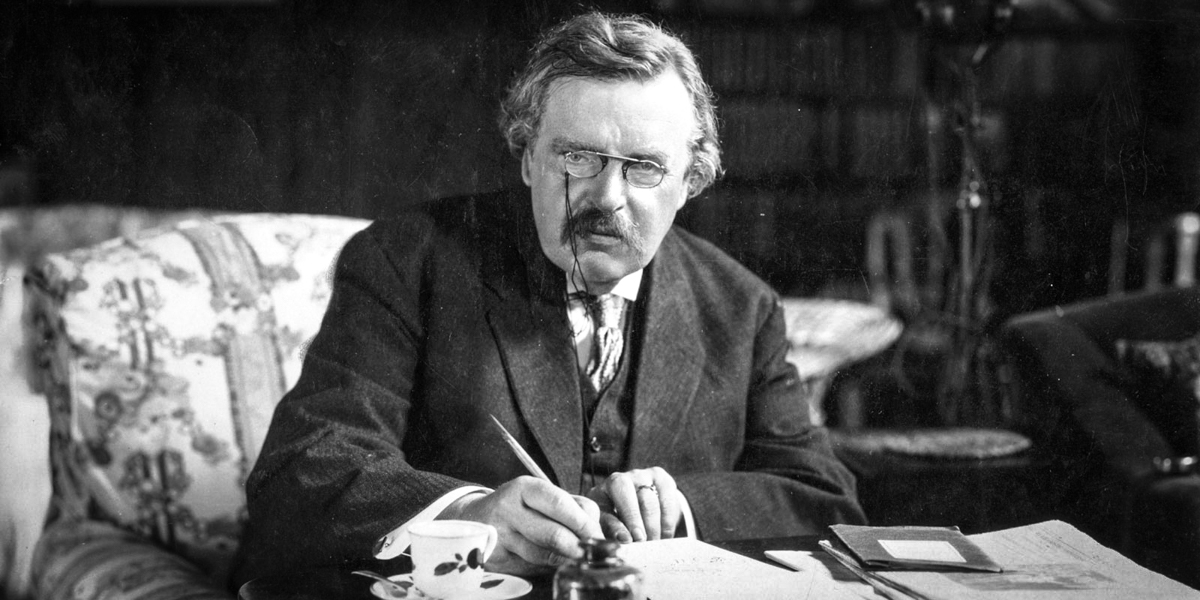It does not matter how beautiful a house seems, how stately its design, how lofty its ceiling, or how well intentioned its builders; a house built on sand will fall when the rain comes (Matt. 7:27). Ultimately, the premises or presuppositions of an idea dictate success or failure. ‘Great is the fall’ of the house built on sand; ‘great is the fall’ of the idea built on lies.
Login to read more
Sign in or create a free account to access Subscriber-only content.
Topics:
